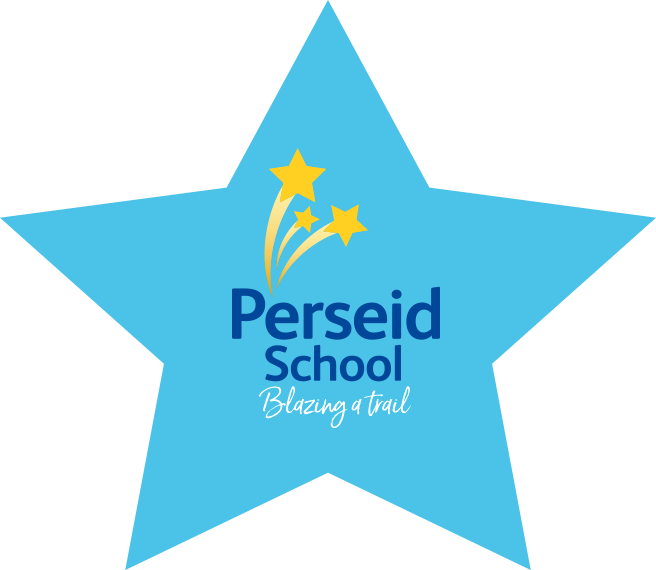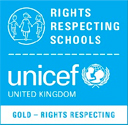Learners with Autism
Autistic learners at Perseid benefit from the implementation of a variety of supportive approaches and strategies which enable them to access a broad and balanced curriculum which considers the needs that are unique to each pupil. Perseid are National Autistic Society accredited in acknowledgment of the support our autistic learners receive.
Below outlines some of the approaches that are supportive for pupils with autism and this works alongside the provision already in place, for example, pathway groups, The Thrive Approach and Intensive Interaction.
PROACT-SCIPr-UK
The PROACT-SCIPr-UK® (Positive Range of Options to Avoid Crisis and Use Therapy Strategies for Crisis Intervention and Prevention revised in the UK) framework guides the PROACTIVE, ACTIVE and REACTIVE interventions used to support pupils who exhibit distressed/ dysregulated behaviour. PROACT SCIPr-UK focuses on a gradient approach to supporting pupils, with the aim of working a minimum of 70% of the time in the PROACTIVE phase where the focus is on implementing key interventions and strategies to support the pupil to remain calm and regulated and ready to learn.
To ensure that we are PROACTIVE at school, all tasks are motivating and manageable in content and duration; choices are offered within lesson; sensory regulation programmes and appropriate therapies are implemented; individualised timetables and break systems are used; and effective communication is developed.
We recognise that our pupil will have times where there are events/ triggers that will cause them to become distressed or dysregulated and that recognising these, identifying early signs of distress and implementing calming strategies (ACTIVE phase) are equally as important. Where strategies have not proved successful it may be that strategies are required to respond to a crisis (REACTIVE phase). All strategies are carefully planned through comprehensive observation of behaviour(s).
Where consistent strategies to support periods of distress / dysregulation are required then a pupil will have an individualised Emotional Wellbeing Support Plan.
TEACCH
The Treatment and Education of Autistic and related Communication-Handicapped Children (TEACCH) is an evidence based service, training and research programme for individuals of all ages and skills with autism spectrum disorders.
Programme principals include:- Understanding the culture of Autism
- Developing an individualised person centred planning for each pupil
- Structuring the physical environment
- Using visual supports to make the sequence of the day predictable and understandable
- Work systems.
The programme is composed of four separate concepts, including:
Visual structure: visual clarity, instructions and organisation.
Physical environment: specific areas for dedicated learning tasks, marking clear boundaries, making materials easily accessible, structured learning areas in order to help focus attention on relevant information.
Visual schedules: to help a pupil organise and predict events, lessen anxiety, help pupils transition between activities; promote independence and build flexibility.
Work systems: to increase the ability to work independently, generalise skills and enable the pupil to understand their work load, work purpose, how will they know they have finished and next steps.
Attention Autism
A strategy used in Pathway lessons, attention autism was devised with the aim of meeting autistic learners’ needs. The approach is based on the understanding of ‘typical’ attention levels and the development of infants, the strengths of a person with autism as a visual learner and the characteristics of autism including difficulty with social communication, interaction, rigidity of thought and sensory processing differences.
The structure is divided into four parts:1. To focus attention
2. To sustain attention
3. To shift attention
4. To focus and sustain attention in a group, then transition shifting attention to individual activity and refocus to the group.

























